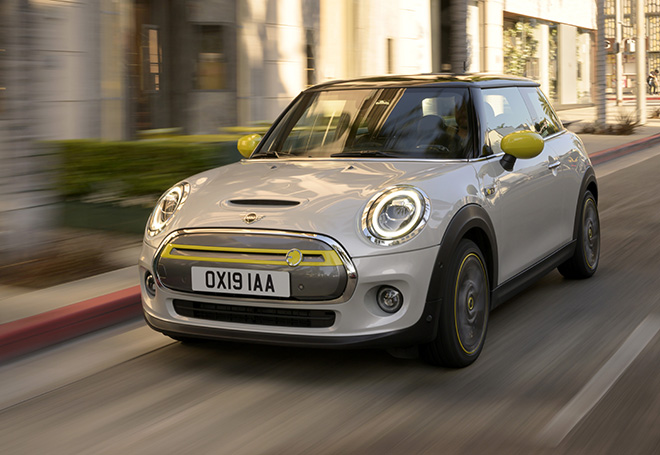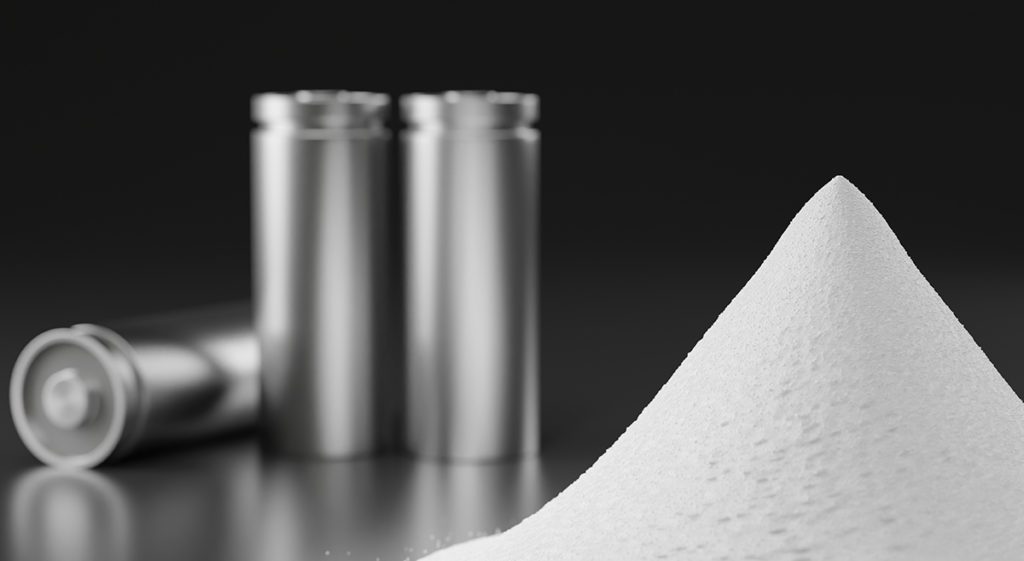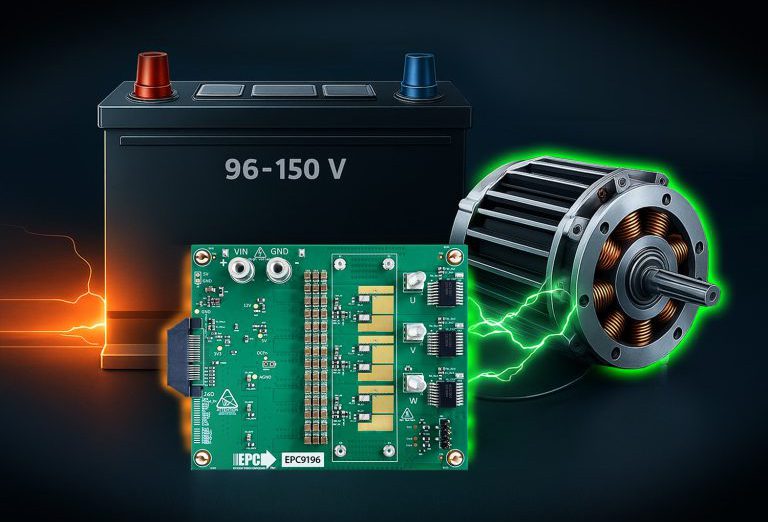BMW can’t seem to make up its mind about electrification (the same could be said about most of the legacy automakers). In 2013 it released the i3, which was a giant stride forward at the time. The once-revolutionary city car continues to sell in respectable numbers in some European markets, but BMW never followed up with a next-gen model, and the i3 now seems like a relic compared to the current generation of EVs.
Prior to releasing the i3, BMW produced an electric Mini in limited quantities. Now the company is getting ready to have another go. The electric Mini Cooper SE will go into production this November, and US deliveries are expected to begin in early 2020.
The Mini Cooper SE has a 135 kW motor that delivers 181 hp and does 0-100 km in 7.3 seconds. Torque is 270 Nm, and top speed is limited to 93 mph. The 32.6 kWh 12-module battery pack forms a T-shape, so it fits between the front seats and below the rear seats. BMW says the electric Mini has the same amount of trunk space as the legacy version. 50 kW DC fast-charging is available.
The Mini Cooper SE offers four driving modes, as well as two levels of regeneration. It features a 5.5-inch color dashboard display, and “acoustic pedestrian protection” at low speeds, as now required by EU law.
According to BMW, the WLTP range will be between 124 and 144 miles (Automotive News cites an EPA-estimated range of about 114 miles).
The Mini Cooper SE will start at 32,000 euros ($35,800) in Europe (US pricing has not been announced). In a boost to the beleaguered British auto industry, all Electric Minis will be produced at the brand’s Oxford plant, running on the same lines as existing models.
So far, it may sound like we’re describing just another new low-volume EV. However, this little car could have a big impact on BMW’s future. Mini sales have been tanking amid the stampede to SUVs – US sales peaked around 66,000 in 2013, and are expected to reach only 36,000 this year, as Automotive News reports. The parent BMW Group has been losing market share to rivals such as Daimler (and Tesla), but plug-ins have been a bright spot. Last year, sales of electrified BMWs and Minis grew by 38%, and execs have been talking high voltage. “I’m confident that by the end of this year, there will be a total of half a million electrified BMW Group vehicles on the roads,” said CEO Harald Krueger in January.
However, Herr Krueger recently announced his resignation, and some are saying that the company’s failure to catch the growing electric wave was part of the reason. Bloomberg reports that Krueger delayed BMW’s plans for a long-range EV, leading to an exodus of electrical talent, and doubled down on ICEs just as a wave of European countries and cities announced plans for restrictions or outright bans. As The Verge reports, the internal dissension and lack of direction was comically displayed when BMW executive Klaus Fröhlich told reporters that there was no consumer demand for EVs – at an event to announce BMW’s plans to launch 25 new electrified models.
Can an electric Mini save BMW? Mini is a brand with fanatical fans, and the new model is already attracting substantial media attention. However, as is the case with Harley-Davidson, it remains to be seen whether those fans will be interested in a vehicle that doesn’t deliver that exhilarating gas-powered roar.
BMW Group Board Member Peter Schwarzenbauer has said that the Cooper SE could be the future of Mini. “Electromobility is an excellent fit for our urban, progressive and open-minded customers,” he told Automotive News Europe.
A credulous Wired UK predicted that the Mini Cooper SE will be “next year’s hottest electric car.” Most of the press reaction has been more skeptical. The Verge says, “The new electric Mini’s spec sheet reads like something that was announced three or four years ago,” pointing out that its 7.3 seconds off the line is slower than the two-year-old Chevy Bolt, and that its expected range is only 46 miles more than that of the experimental EV Mini from a decade ago. Automotive News called the new EV “little more than the i3’s technology shoe-horned into the 2014 Mini hard-top.” (The new Mini uses the same powertrain as the i3s.) Electrek reluctantly called it “an outdated, half-assed attempt,” and said “it is hard to sell a sporty EV that gets smoked by an old Nissan.”
Those who’ve driven the sporty little thing, however, are full of praise. Bloomberg called it “a winning, if humble, all-electric daily driver.” As we’ve noted in this space more than once, most car buyers pay little attention to specs or comparisons between models, much less to the dynamics of the auto industry. What matters is how you feel when you’re behind the wheel. We’re looking forward to taking a spin.
Sources: The Verge, Wired UK, Automotive News, Electrek, Bloomberg



















































































